NEW SPA2 NANO UV: High precision and efficiency. The laser of the future. Contact us!
NEW SPA2 NANO UV: High precision and efficiency. The laser of the future. Contact us!
Cardboard, along with paper, continues to be essential in product packaging due to its flexibility, strength, and versatility. Despite the rise of digital technology, paper and cardboard remain irreplaceable in many industries, especially for packaging solutions. As sustainability becomes a growing concern, cardboard laser marking emerges as an innovative method to meet these needs.
Paper and cardboard are widely used in packaging across various forms. Cardboard boxes serve as primary packaging in POS (point of sale) displays, while corrugated boxes are commonly used for secondary packaging when shipping products through couriers. Their strength, adaptability, and eco-friendly nature make them a preferred choice in many industries.
Traditionally, labeling has been the go-to method for marking essential information on paper and cardboard. However, the rise of laser marking technology has provided a more efficient and eco-friendly alternative. Laser marking eliminates the need for ink or other consumables, reducing production costs and minimizing environmental impact. Moreover, it allows for the application of high-quality, permanent marks, such as barcodes, logos, and tracking details, which are crucial in packaging.
Laser marking offers distinct advantages over conventional methods. By not requiring consumables like ink, the process reduces waste and energy consumption. Additionally, the precision of lasers ensures that markings are clear, durable, and easily readable, which improves overall logistics and traceability. With growing environmental awareness, companies are increasingly turning to this method to reduce their carbon footprint.
As businesses seek to lessen their environmental impact, cardboard laser marking has become an ideal solution. Not only does it offer a sustainable alternative to traditional printing, but it also ensures lasting, high-quality markings without the need for regular maintenance or additional resources. Laser marking technology allows businesses to remain competitive while contributing to a more sustainable future.
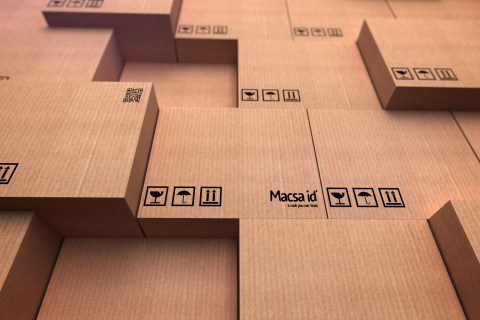
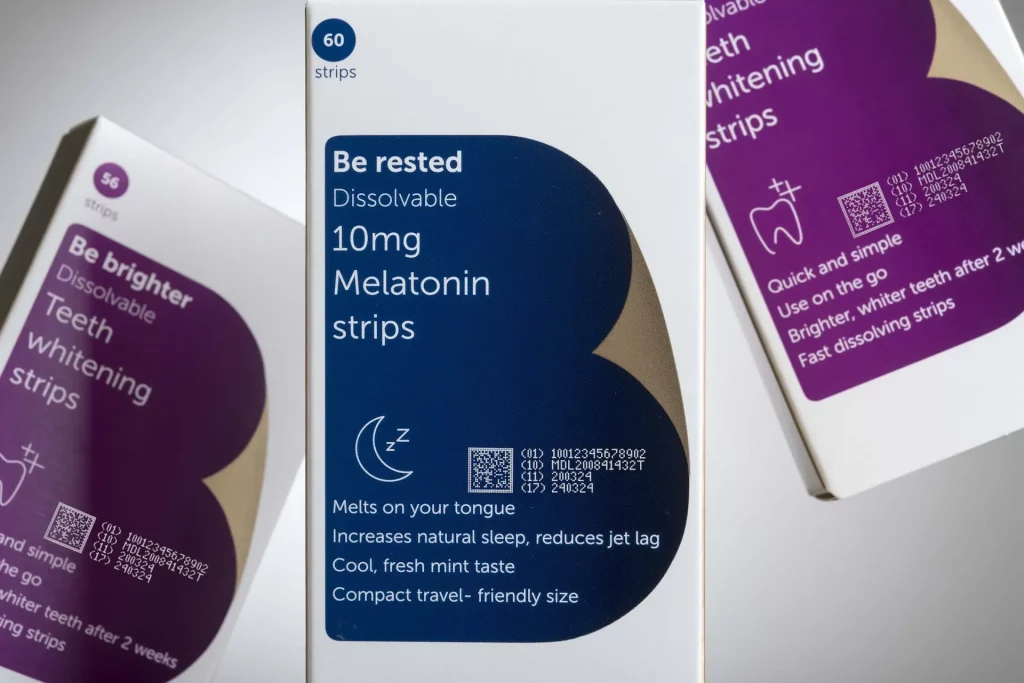
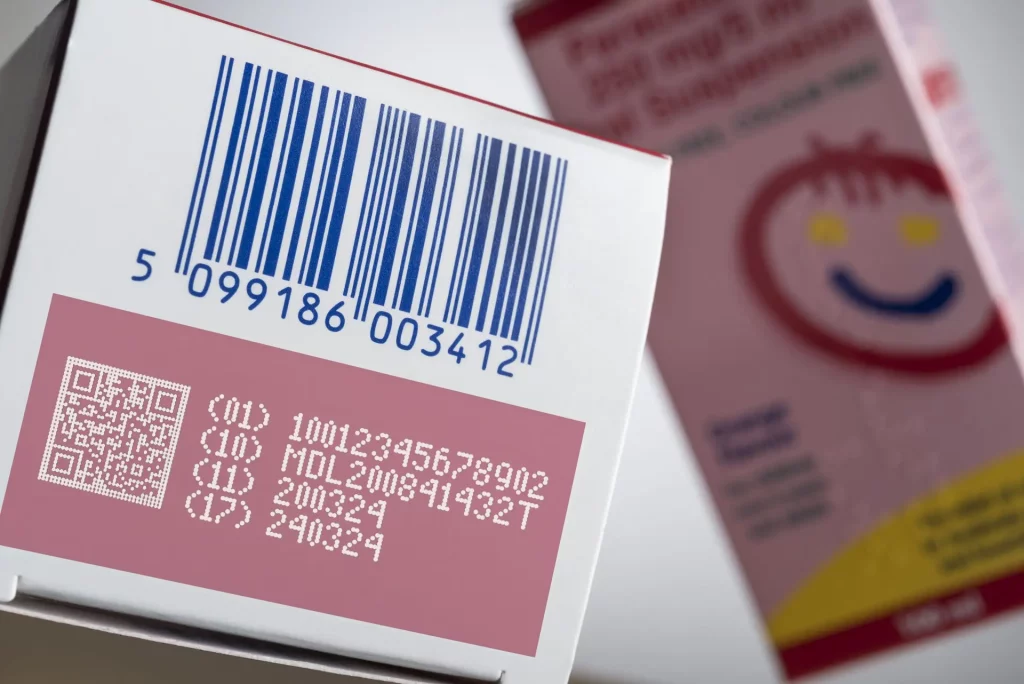
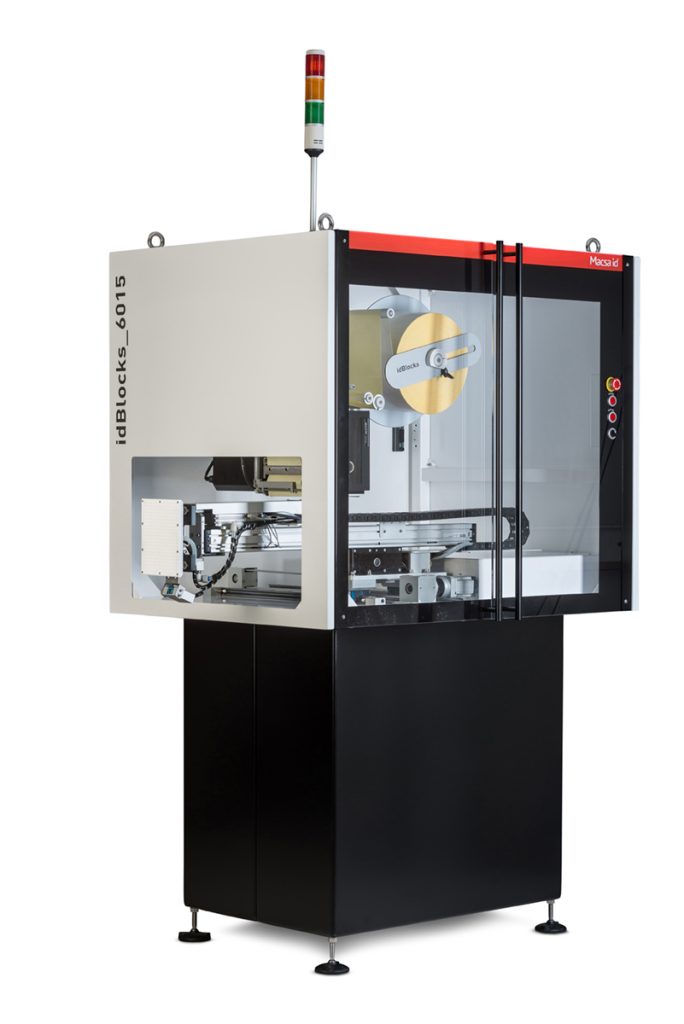
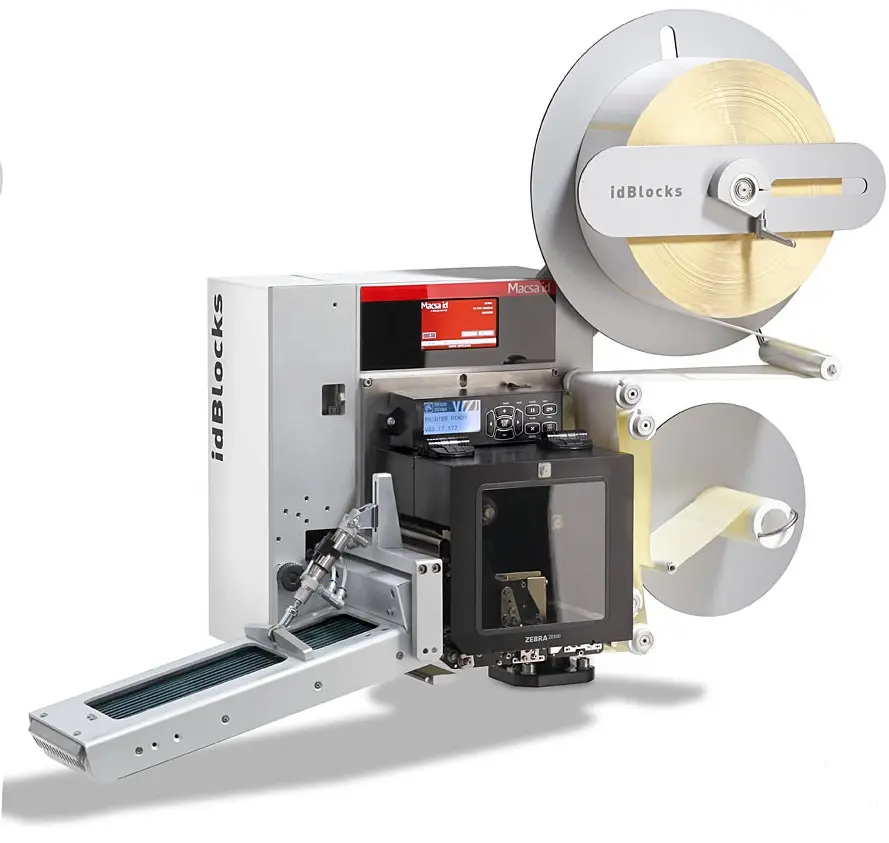
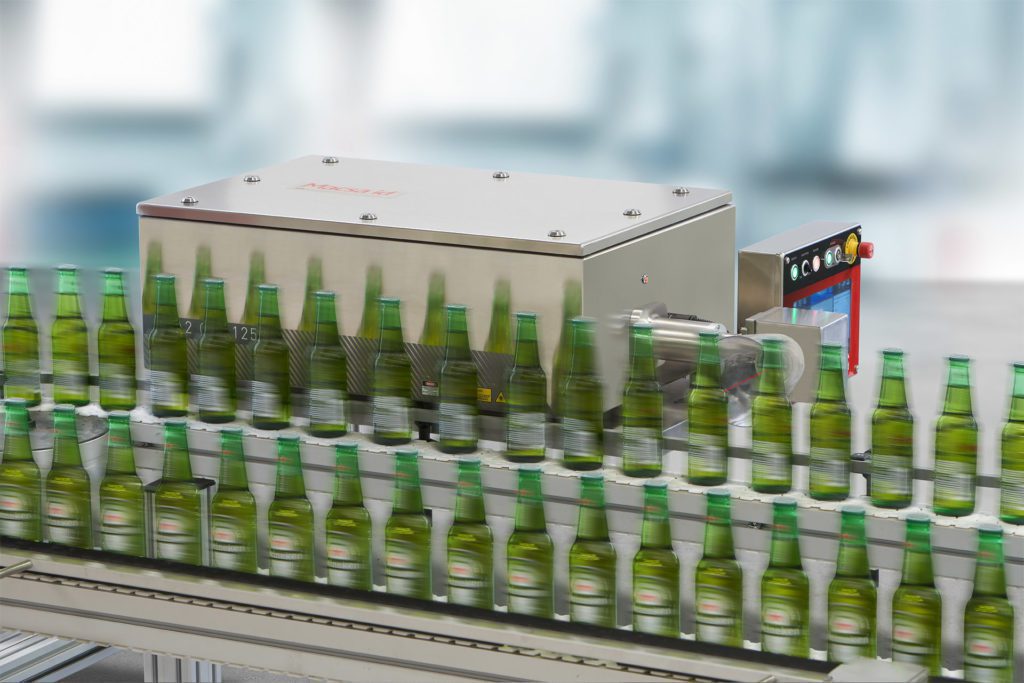
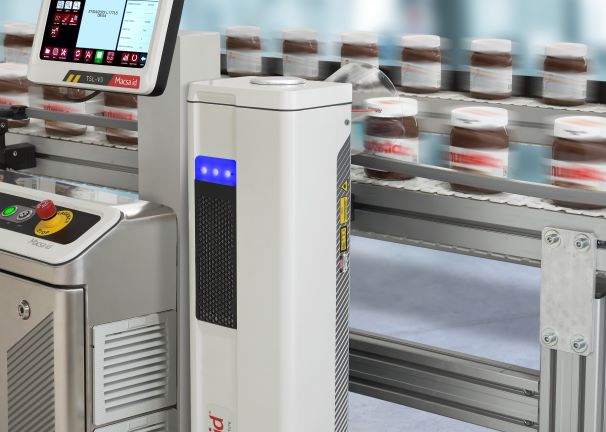


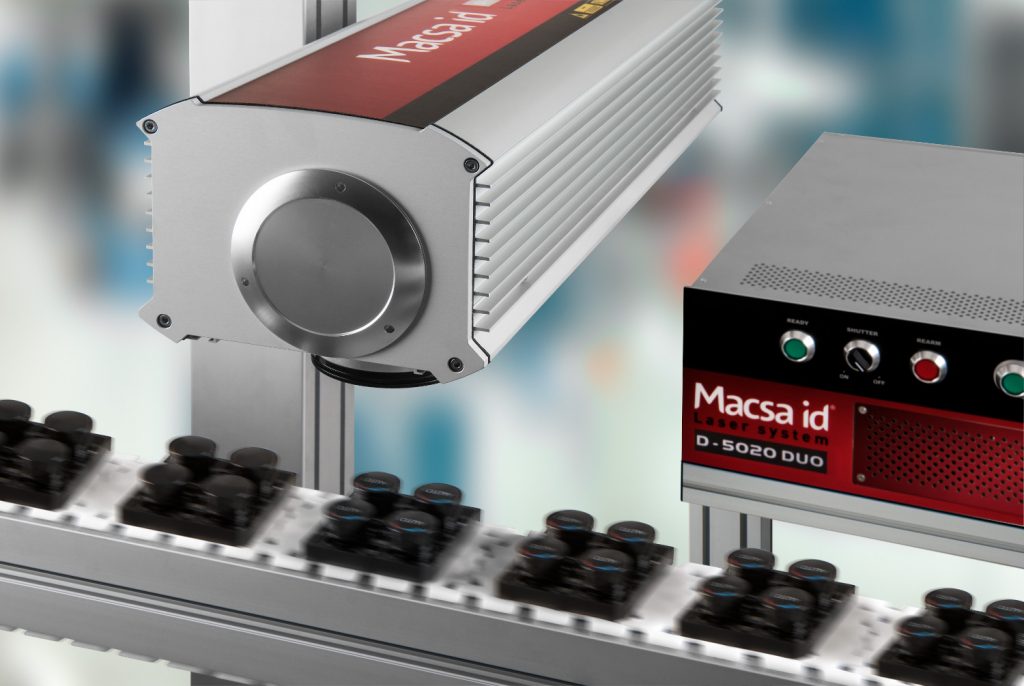
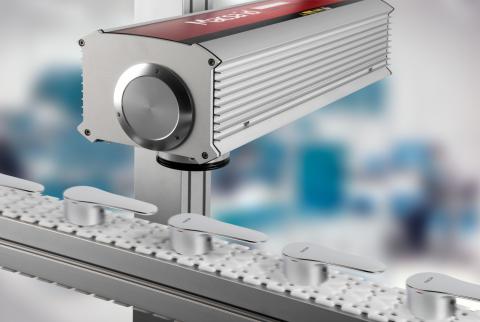


















© Copyright Macsa ID 2025. All rights reserved.